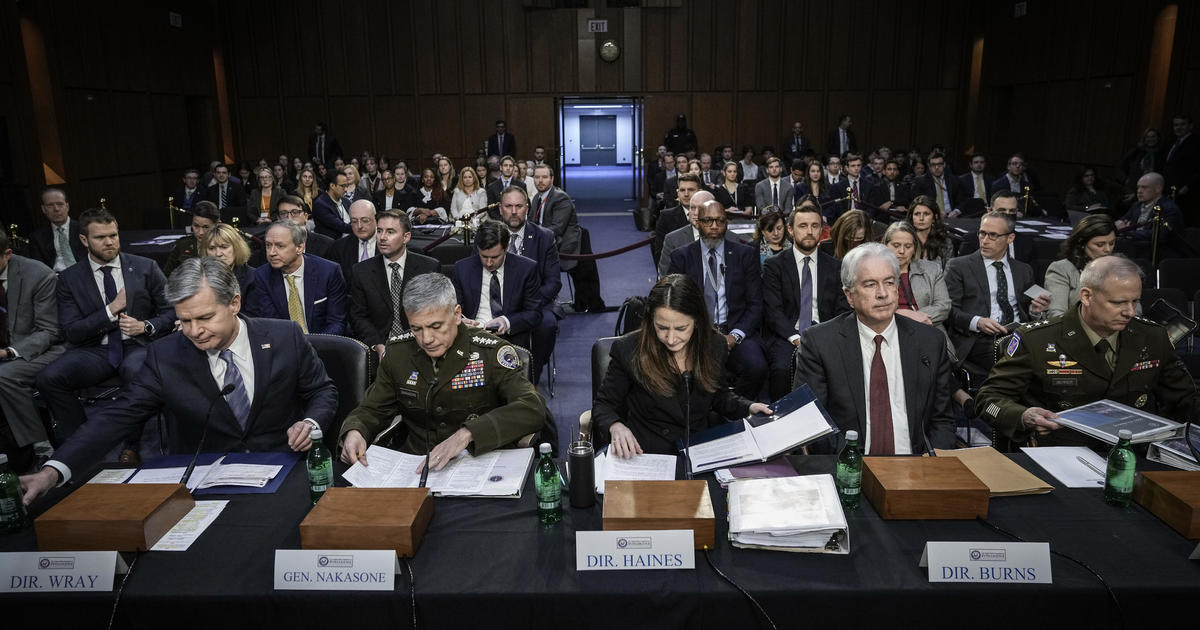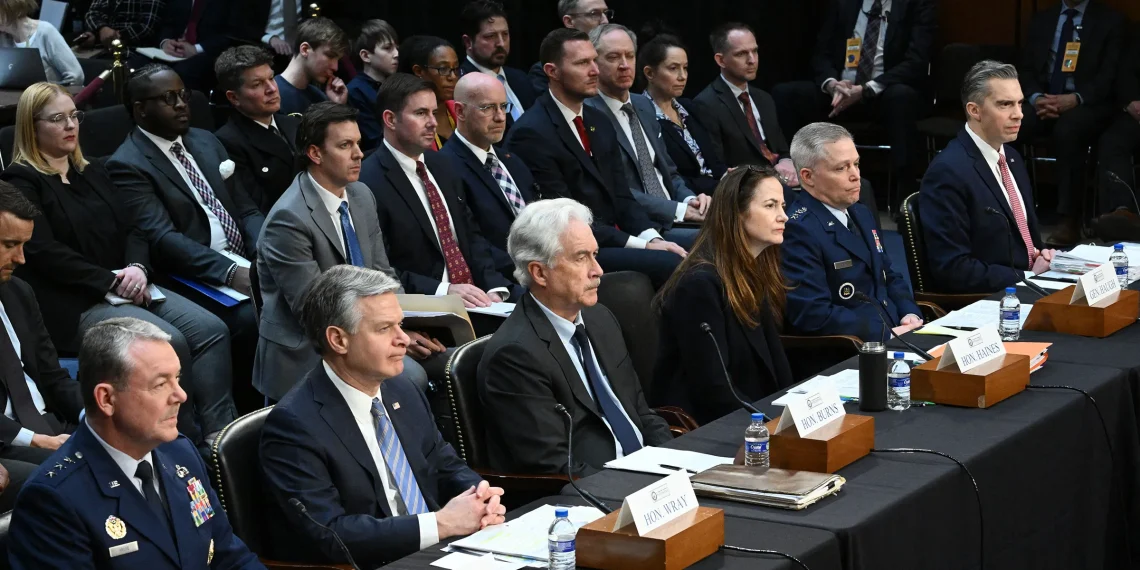U.S. intelligence agencies issued a sobering assessment on Monday, warning of a fragile global order rife with challenges from great power competition, transnational threats, and regional conflicts.
The 2024 Annual Threat Assessment emphasized the escalating tensions fueled by assertive actions from adversaries like China, Russia, and volatile regional hotspots.
China and Russia emerged as central concerns in the report, with the former displaying ambitious yet apprehensive behavior and the latter engaging in confrontational actions, particularly evident in its ongoing conflict with Ukraine.

The report highlighted China’s support for Russia during the Ukrainian war and raised alarms about potential Chinese interference in U.S. elections, underscoring the growing influence of these adversaries on the international stage.
Director of National Intelligence Avril Haines urged congressional leaders to approve additional military aid for Ukraine, emphasizing its pivotal role in countering Russian aggression.
Meanwhile, the escalating conflict in Gaza added to global insecurity, with the Senate Intelligence Committee grappling with the broader implications of regional conflicts on international stability.
The assessment underscored the interconnected nature of global threats, with concerns extending beyond traditional state actors to include non-state actors like militant groups inspired by Hamas.

FBI Director Christopher Wray expressed apprehension over the terrorism implications stemming from vulnerabilities at the U.S.-Mexico border, noting an uptick in threats inspired by Islamist groups and foreign militants.
As emotions ran high during the hearing, senators engaged in discussions surrounding immigration and border security, reflecting the broader political landscape shaped by these complex geopolitical dynamics.
Amidst the escalating tensions and shifting power dynamics, the intelligence community’s assessment serves as a stark reminder of the challenges facing the United States and the global community.




